Spotlight: Erin Shields
“Can we take it from the ‘boner’ line again please? ‘Was it his boner?’ And action.”
Erin Shields can’t help but picture the future stage managers working on her plays as she’s writing them. The ones who—while keeping an eye on the schedule and managing the moving parts of the rehearsal process—will need to repeat whatever she puts down on the page over and over again with professional decorum.
“That’s one of my favourite moments in rehearsal. The poor stage manager [Andrea Baggs], bless her,” Shields laughs from inside the Factory Theatre rehearsal hall. The space is still set up in a facsimile of the set for Beautiful Man, her latest play is the closing production in the Factory 2018/2019 season.

Even for a seasoned playwright like Shields, whose last premiere was at the Stratford Festival—an acclaimed adaptation of John Milton’s epic poem of heaven and hell Paradise Lost—there’s an undeniable childlike excitement that comes through when she talks about putting on shows with her friends. It’s as if she knows, through some kind of trick, she’s managed to turn playing make believe with her friends into a paying job and is amazed no one has caught on to her scheme yet.
“Especially in this play because it’s, like, gleefully irreverent and uses gratuitous language and it’s very silly,” she says. “Talking about boners and semis for a long time is just really funny, being very serious about a ridiculous thing is just fun. I mean, at the end of the day that’s what you want. For everyone to feel safe to play. We’re playing, we’re pretending.”

In a way, this profile follows a very Shields-ian approach, using silliness and humour to open up a reader (or audience member) to much more serious subjects. Because Shields is funny—everyone will tell you so, including Shields herself: “I guess I was born a natural, like I just can’t help it. It’s very simple,” she says, clearly sarcastically—but the content of her plays is no laughing matter.
Starting out
In fact, Shields’ first big hit in the Toronto theatre scene, If We Were Birds at the 2008 SummerWorks Festival (directed by Alan Dilworth and produced by Gideon Arthurs), is one of the few cases where humour and irreverence is absent. Her re-telling of the Greek myth of Philomela, who was raped by King Tereus, the husband of her sister Procne, and rendered voiceless when Tereus cut out Philomela’s tongue. In revenge, Procne and Philomela kill Tereus’s son and feed him to the villainous king. In a last act of desperation, the sisters pray to the gods and are turned into birds.
With a lyrical style of writing that The Globe and Mail called “wryly poetic,” If We Were Birds expanded the scope of that myth to shine a light on the violence of war across regions and eras, using a chorus of women to represent various conflicts, from Berlin to Rwanda. So, as you can see, a total laugh riot.
“I think that one really came from a point of rage and injustice,” Shields says. “But more often than not having humour in it is helpful.”

Evidently, refraining from adding humour into If We Were Birds didn’t impede its trajectory from SummerWorks, to Tarragon Theatre’s 2009/2010 season, to earning a Dora nomination for Outstanding New Play, to winning the 2011 Governor General’s Literary Award for English Drama. If We Were Birds has since been translated into German, French, Italian, and Albanian.
Shields acknowledges the play’s impact as her entryway into the theatrical institutions she struggled until that point to break into, after growing up surrounded by theatre in Hamilton; getting introduced to Judith Thompson and Daniel MacIvor as a teen through an instructor at Theatre Aquarius (“You can write like that?” she remembers thinking after reading Thompson); and studying in a conservatory program at London’s Rose Bruford College of Speech and Drama.

“I’d been in the [Tarragon] playwrights unit and had tried so hard to write a play that they would produce, but I didn’t succeed in doing that. I left the unit in October or November of 2007, and I was like, ‘Fuck it, I’m just going to write something big that no one is going to produce,’” she says, almost matter-of-factly, a given considering that her drive for bigger, bolder plays has characterized her career since. “I remember sitting in the audience of the final show at SummerWorks beside Alan and Gideon… and just that feeling of: ‘This is the feeling I want. I’m so proud of this show. I am so connected with this director right now and I’m really proud of the thing that we made together.’ And then Richard Rose rode up on his bicycle and was like, ‘Can you guys get me in?’”
That formative play cemented Shields’ place as a force in the Canadian theatre world and established several key elements of her subsequent career: deconstructing classic pieces of literature to explore overlooked voices, building a team of like-minded collaborators (she calls “her people”), an ambition for big plays in both production and themes, and tapping into a sense of injustice and competition as a creative source.

Boners & classics
“Like, ‘Okay, Milton. You think you’ve written the greatest English epic of all time? Well, I’m gonna be a precocious brat and dare to fuck with it,” she says, revealing a bit more of the same kind of mischievousness that finds as much pleasure deconstructing the work of literary greats like Ovid, Milton, and the Epic of Gilgamesh as finding poetry in repeating the word “boner” over and over, as she does in Beautiful Man.
“She’d be the first to say that she often writes from a place of rage, though she’s such a ham,” says Andrea Donaldson, director of Beautiful Man and long-time friend and frequent collaborator of Shields. They met on an artistic blind date set up by Theatre Gargantua’s Jacquie PA Thomas, and created their first work together in 2007 with The Unfortunate Misadventures of Masha Galinski, performed by Shields and directed by Donaldson, which launched their theatre company, Groundwater Productions.
“Erin is someone who pays a lot of attention to our world, and I think she’s really aware of how it may have excluded her in all kinds of ways. And her irreverence around taking that on is her thing, and it’s in service of beauty and it’s in service of a kind of provocation which I think leads to more hope,” Donaldson says.

Though Beautiful Man is an entirely new work, it still takes its inspiration from existing texts in our society—specifically, TV shows that glorify oversexualization and violence around women like historical or fantasy war epics and cop dramas. Starring Ashley Botting, Mayko Nguyen, Sofía Rodríguez, and Jesse LaVercombe (as the titular “Beautiful Man”), it’s an updated version that appeared at SummerWorks in 2015, years before #MeToo and #TimesUp changed the popular entertainment landscape.
“I think it would be really self-righteous if Erin herself wasn’t at the centre of this argument and really condemning her own impulses around gore and internalized misogyny,” Donaldson says. “I read it and it ripped through me and I was like, ‘Yeah, this has to be onstage right now. You’re right. Let’s do this…’ But it’d be very hard for me to ever say no to a play by Erin Shields. I feel like it’s our eleventh or twelfth time now.”
“The language itself- she’s so precise and selective about what words are part of this world and what words are not part of this world. The writing is really funny, but the craft that her work demands from all the people in the room is also really thrilling. And it’s not craft for craft’s sake. It demands a kind precision. That’s like half of why I do this is. I love that kind of demand,” Donaldson continues.

Completely naked
Shields appears to have a history of creating fans out of her collaborators, and another example is actor Maev Beaty. Their first major project together was 2007’s Goblin Market, an adaptation of Christina Rossetti’s poem of the same name, which critic Paula Citron called “one hour of unadulterated theatrical bliss.” That was followed by Montparnasse, an exploration of the muses of famous painters in the 1920s, which was directed by Donaldson and required Shields and Beaty to perform virtually the entire play fully nude.
“I’ve worked in some pretty incredible rooms since then and had some really funny collaborators, but I have never laughed as hard as I did in the making of Montparnasse,” Beaty says. “There is just this absolute ability to be naked, not just physically but also to make mistakes, to say the real truth, and bang out loud about how I felt about politics or being a woman or embarrassment or failure. I think that was why we laughed the most, because we had infinite room for failure. So we took risks, we made stupid, stupid, stupid suggestions, and we were deeply amused by each other’s stupid suggestions.”
Beaty continues: “As a young actor, I was constantly in situations where I was feeling ashamed or embarrassed. And this was this creative space where I just knew there would be nothing I couldn’t do because of this brain and this heart in this person, and Andrea Donaldson as well. It’s central to who I am now… I think there’s something about the way she thinks and the way she expresses herself in the world that it just gave me a kind of instant permission to voice all kinds of things. I didn’t understand how to actually live that kind of freedom and empowerment until I met those guys.”

Still angry
Shields has come a long way from her first solo Fringe show Hot Dog, about a vegetarian who risks excommunication from her community for eating a hot dog, and is now working regularly with the biggest theatre institutions in Canada, but she’s still angry. She still gets riled up talking about the inequality in roles for women in theatre, our over-reliance on dead white male playwrights and their harmful portrayals of gender.
“Shakespeare. Shakespeare? We’re doing Shakespeare more than any other playwright. And yes, he’s good, but like, come on. How can you do The Taming Of The Shrew, and have a whole bunch of high school kids come. No matter how you play it, the text is still fucked up. And yet you’re insisting that this is one of the first texts that a 16-year-old girl encounters,” she says, on a roll.
Shields now lives in Montréal with her family—her husband, Gideon Arthurs, runs the National Theatre School. Having Beautiful Man back in Toronto with Donaldson at the helm, she says, is like coming home in many ways. Shields thinks fondly of her early days nervously wondering if she and her friends were allowed to attend a Tarragon opening night party as she now sees those peers in the industry’s top positions: Donaldson is the incoming artistic director of Nightwood Theatre, and Beaty is one of the most in-demand actors in Canada. As for Shields, her next play is now in development with the Stratford Festival, a new look at the Trojan War, focusing on the wives who take it upon themselves to end the war after nine years. It’s her way of exploring what the next step is after “toppling a few giants” in the #MeToo movement.

“It’s my tool to talk about things I want to talk about, deconstructing all of these things are the building blocks of our literary inheritance. And our literary inheritance is how and why we tell stories about ourselves. And if we want to change, a big part of that is in the stories that we tell about ourselves,” she says. “I still haven’t fixed it.”

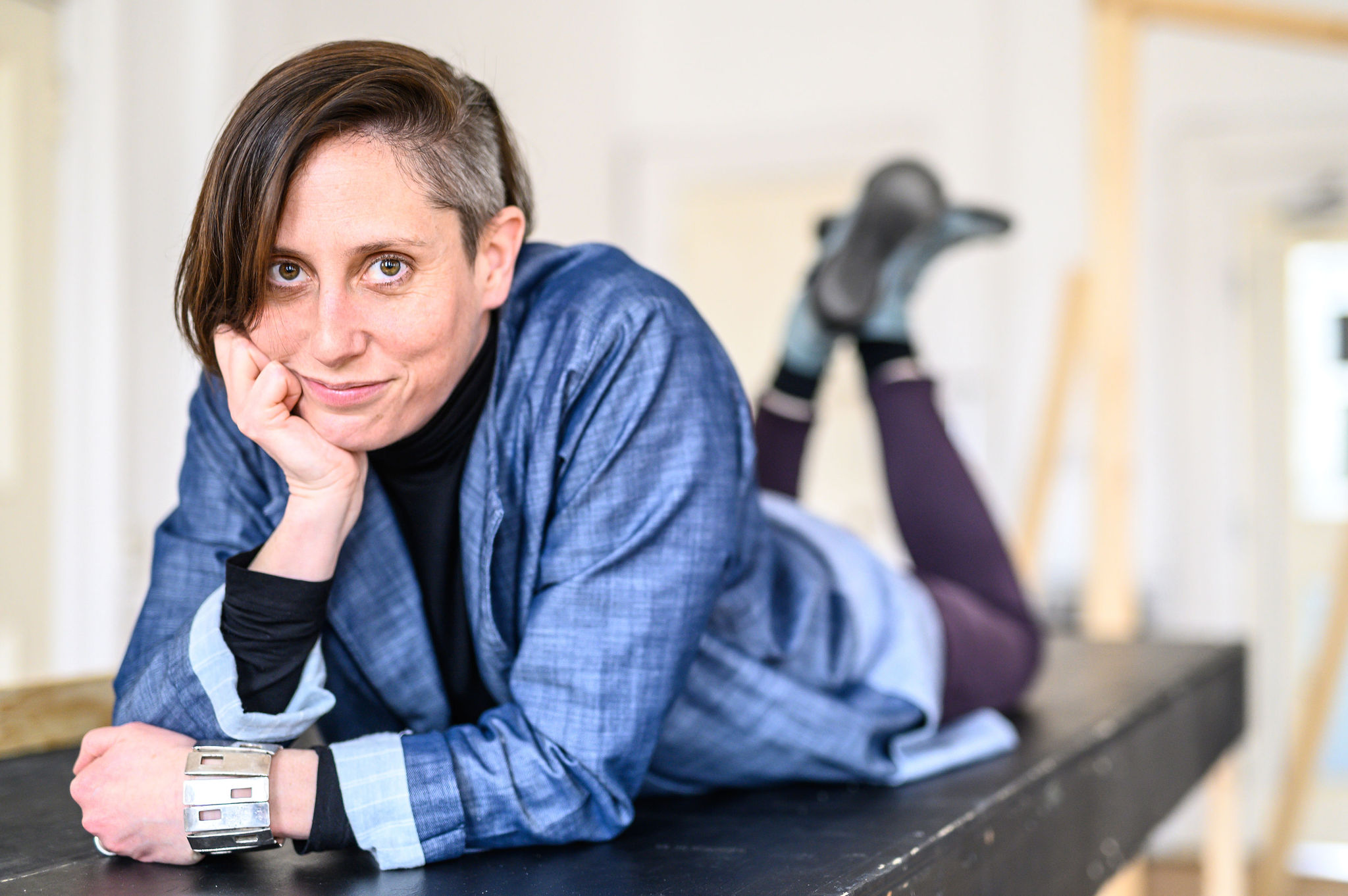
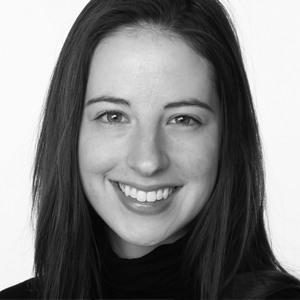
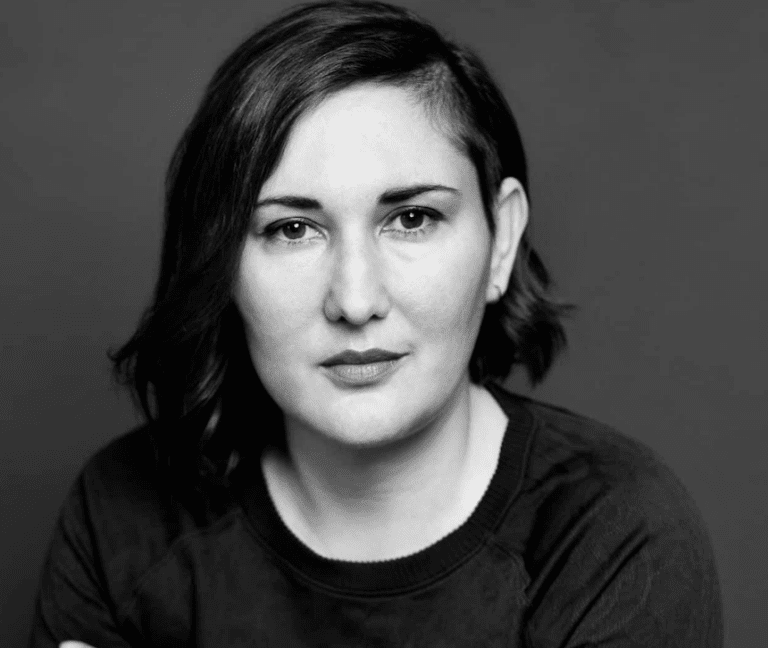




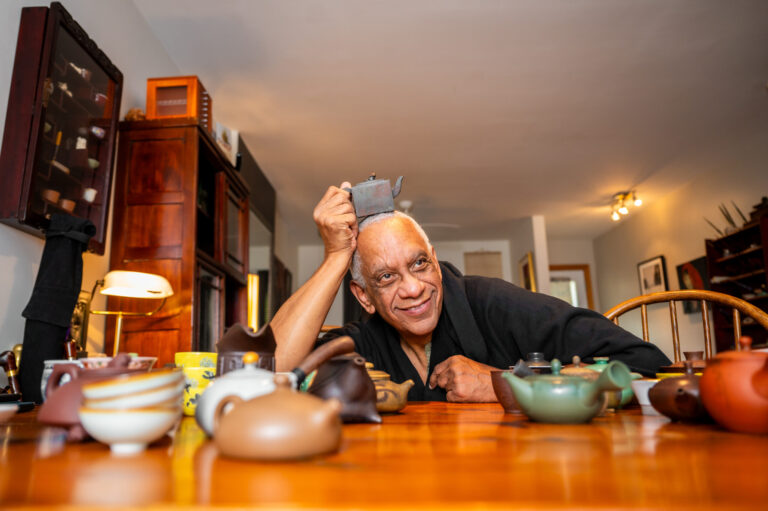
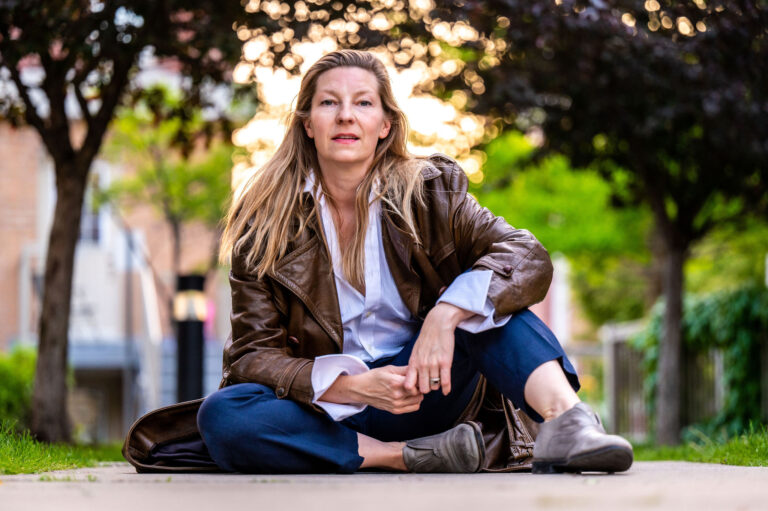
Comments